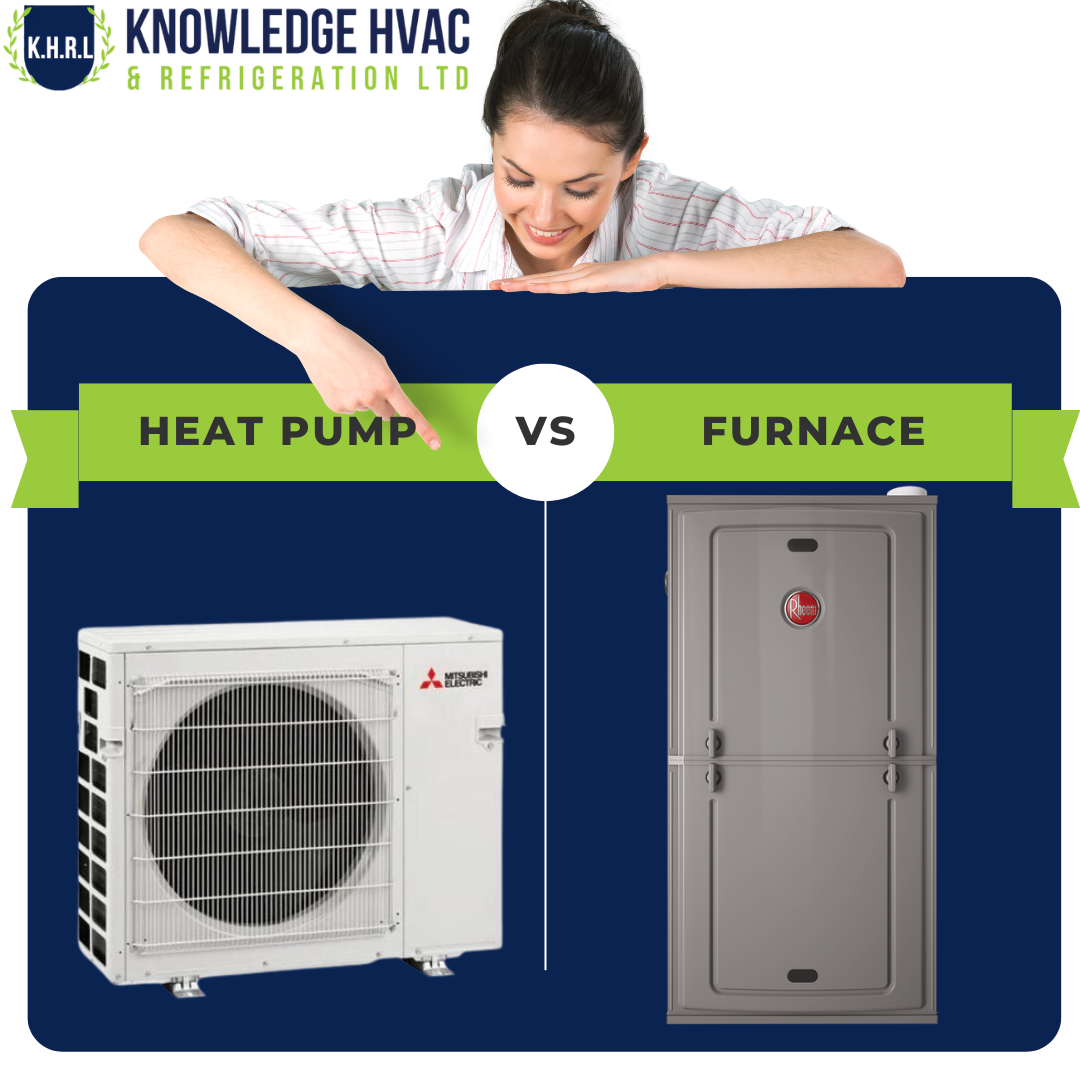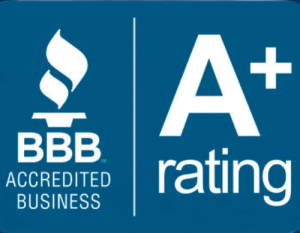EXCELLENTTrustindex verifies that the original source of the review is Google. We are so happy that we called Joel and his team to repair our furnace. We were without heat for a week or so. We had contacted a few companies and none were able to properly diagnose our problem, instead we had 3 parts replaced and our heating system still did not work! Hundreds of dollars later we were lucky to be referred to Knowledge HVAC (and that is the perfect name for them, because they are quite knowledgeable!) Joel was able to come the same day and diagnose the problem for us. We hired him and his team to repair our furnace the next day, they were fast and efficient and we now have some heat finally! We are so happy we called them. I give them 5 stars for excellent service! I will definitely call them again if needed and will recommend them to my friends and family. Very pleasant experience, very nice guys! Reasonable rates.Trustindex verifies that the original source of the review is Google. Aaron was very thorough and got our system running againTrustindex verifies that the original source of the review is Google. Had my furnace fixed by Odaine. Overall very satisfied with his service. Quick fix and detailed explanation. Will recommend.Trustindex verifies that the original source of the review is Google. Amazing service and courteous staff. Came the next day for emergency service and got my heat back on. Pricing wasn't too crazy either. Definitely recommend this company for your HVAC needsTrustindex verifies that the original source of the review is Google. Installed Google Nest Power Connectots for Termostats. Good job!Trustindex verifies that the original source of the review is Google. Thank you for your quick, professional response regarding my commercial refrigeration! I would not hesitate to recommend this company!Trustindex verifies that the original source of the review is Google. I called around for a quote, and Knowledge was the first to call back. He gave a quote and was able to help the very next day. Joel and his team is very friendly, professional and knowledgeable. Very reasonably priced. I had a gas line system installed on my food truck. They did an awesome job, and put in extra time to get the job done on schedule. The inspector was impressed with the installation, passed the inspection with no problem. Definitely recommend them to anyone!!!Trustindex verifies that the original source of the review is Google. Odaine was very competent, informative, polite, and thorough. He arrived early my permission and worked hard for a good review. He did a fantastic job. The company is fast and reliable.Trustindex verifies that the original source of the review is Google. excelente!
As a homeowner, you know the importance of maintaining optimal temperature control, particularly during the winter when keeping your home warm is essential. One crucial decision that homeowners often face is choosing between a heat pump and a furnace as their heating solution. Each option offers distinct advantages and is better suited for specific circumstances.
This article will delve into the primary disparities between heat pumps and furnaces, encompassing cost, installation, performance, and more. By the end, we aim to assist you in determining which option is most suitable for your needs.
Heat Pump vs. Furnace: Key Differences
Although heat pumps and furnaces share a similar essential purpose and utilize some standard components, they possess significant differences. The following key points highlight the disparities between these heating systems:
- Cost
Heat Pump
Heat pump installation cost in a home typically ranges from $3,500 to $4,500. Several factors influence the final price, including the existence of ductwork, system size and complexity, and the specific type of heat pump.
Air-to-air heat pumps extract heat from the surrounding air. These models are simpler and more affordable, but their efficiency decreases in colder climates.
Geothermal heat pumps harness heat through underground pipes, taking advantage of the consistent 50-degree temperatures below the Earth’s surface. These systems necessitate drilling and are significantly costlier than air-to-air models.
Furnace
Furnace Installation in a home can cost anywhere between $4,000 for an electric furnace and $4,500 for a gas model. While natural gas is more efficient than electricity, running gas lines to a house can be costly. In some cases, an electric furnace may be a more appealing option due to the potentially prohibitive cost of gas line installation.
- Durability
Heat Pump
Typically, it has a lifespan of 15 years, although regular maintenance is necessary to reach this longevity. Components such as pumps, refrigerants, and other parts may require replacement over time.
Furnace
Furnaces are typically less complex, which enables them to have a longer lifespan. Well-maintained furnaces can last up to 20 years before requiring replacement.
- Maintenance
Heat Pump
It requires more work to maintain than a furnace., but it is manageable. Homeowners should generally:
- Keep the heat pump free of ice and snow during winter.
- Clear away leaves, plants, and debris accumulating around the heating system to ensure proper airflow.
- Change air filters once a month.
- Clean the coils anytime they become filthy.
By performing these maintenance tasks, homeowners can maximize the longevity and efficiency of their heating system.
Furnace
Furnace maintenance is relatively minimal. Regularly changing filters and vacuuming the unit’s interior is typically sufficient to ensure smooth and efficient operation. It is also advisable to clean the flame sensor with sandpaper before each heating season.
- Appearance
Heat Pump
Heat pumps are practical and effective, but they need to look better. These units typically require a sizeable standalone unit outside the house. Additionally, mini-split heat pumps involve hanging bulky machines on the interior walls, which can be visually unappealing.
Furnace
In contrast, furnaces are typically inconspicuous. They are frequently installed in utility rooms, basements, or attics to keep them hidden and out of sight. This factor can be significant for homeowners with limited yard space who prefer a clean and streamlined appearance.
- Air Quality
Heat Pump
On the other hand, heat pumps do not produce carbon monoxide (CO), reducing the risk of dangerous CO leaks. Moreover, furnaces generate hot air that can lead to dry skin, while heat pumps utilize moisture to heat the air, naturally maintaining higher humidity levels.
Furnace
In terms of air quality, it has an advantage over furnaces. Regular furnace maintenance and periodic air filter changes can preserve indoor air quality.
- Energy Efficiency
Heat Pump
Considering the current emphasis on climate change and high energy costs, homeowners prioritize the efficiency of their heating systems. Despite being electric, this can consume less energy and efficiently transfer heat, often outperforming furnaces in energy efficiency. For instance, a Napoleon heat pump can transfer up to 300% more power than it consumes under optimal conditions.
Furnace
High-efficiency gas furnaces have a 95% efficiency rating. Many air-source heat pumps have received the ENERGY STAR label, indicating their efficiency. It is important to remember, however, that leaks or dust and debris in air ducts can affect the performance of any HVAC system, emphasizing the importance of frequent duct system cleaning.
- Performance
Heat Pump
In moderate temperatures, it tends to perform better. However, it can still extract heat from the outside, even in freezing temperatures. Nonetheless, the colder it gets, the more challenging it becomes for heat pumps to transfer heat effectively.
Furnace
The performance of heat pumps and furnaces varies significantly based on geographic location. While furnaces generate heat, heat pumps merely transfer it from the outside environment. In contrast, furnaces continue to generate heat efficiently in cold climates.
- Safety Considerations
Heat Pump
Electric heat pumps have safety features like automatic shut-off switches and refrigerant leak detectors. Regular maintenance and inspections by qualified technicians are crucial for ensuring the safety and efficiency of both systems.
Furnace
When comparing gas versus electric heat, safety considerations come into play. Gas furnaces pose a higher risk of gas explosions and carbon monoxide poisoning than electric heat pumps. However, gas furnaces typically feature safety mechanisms such as automatic shut-off valves and pressure regulators to prevent outbreaks.
Pros and Cons of Heat Pumps and Furnaces
Heat Pump pros:
- Low operating costs: It is significantly cheaper than natural gas, electric, oil, or propane furnaces.
- Low installation costs: Heat pump installation costs are comparable to conventional furnaces, and government incentives can further reduce installation expenses. Moreover, this provides cooling functionality, saving homeowners from purchasing separate air conditioners.
- Space-saving: It requires a minimal clearance, with the outdoor unit needing only 24 inches of space. The internal team is considerably smaller and can frequently be installed alongside the air handler on a wall.
Heat Pump cons:
- Not suitable for cold climates: Air source heat pumps struggle in freezing weather. However, this limitation can be overcome by installing a ground- or water-source heating system, which involves laying pipes underground or underwater, resulting in a more expensive installation.
- Noise: It can generate noise from the compressor, disturbing individuals in nearby rooms.
furnace pros:
- Quiet and unobtrusive: Furnaces can be hidden in basements or closets, creating little noise besides the sound of the gas lighting or air moving through the registers. Quiet and unobtrusive.
- Low maintenance: Furnaces require regular filter changes and vacuuming without the need to monitor and maintain coils or compressors.
- Longer lifespan: Furnaces are less complex than heat pump systems, providing an average lifespan of 20 years, five years longer than a typical heat pump.
furnace cons:
- High operating costs: Furnaces generally incur higher operating expenses than heat pumps.
- Air pollution source: Standard-efficiency furnaces with flues emit combustion gases that pollute the air. High-efficiency furnaces are cleaner but come at a higher initial cost.
Choosing Between a Heat Pump and Furnace
After examining the characteristics of heat pumps and furnaces, you might wonder which option is superior. There is yet to be a definitive answer, as the ideal heating solution depends on individual circumstances. However, here are some guidelines to consider:
– Heat pumps are more suitable for mild climates, where they can efficiently transfer heat into the home without generating new heat. They are also more energy-efficient than furnaces in such conditions.
– Furnaces are a better choice for regions with freezing winters. While they might be less energy-efficient than heat pumps in milder climates, furnaces excel at maintaining consistent heat output in cold temperatures.
Looking for Reliable Advice? Speak to a Professional Today

It is advisable to consult a professional contractor specializing in heating and cooling systems when deciding. Knowledge HVAC & Refrigeration Ltd, a local heating contractor with expertise in various heating and cooling options, including air source heat pumps, gas furnaces, and commercial refrigeration, can assist you. Contact Knowledge HVAC & Refrigeration Ltd today for the professional installation of a reliable heating system tailored to your family’s requirements. Their licensed professionals will assess your needs, discuss the pros and cons of each option, and provide cost estimates for equipment and installation.







